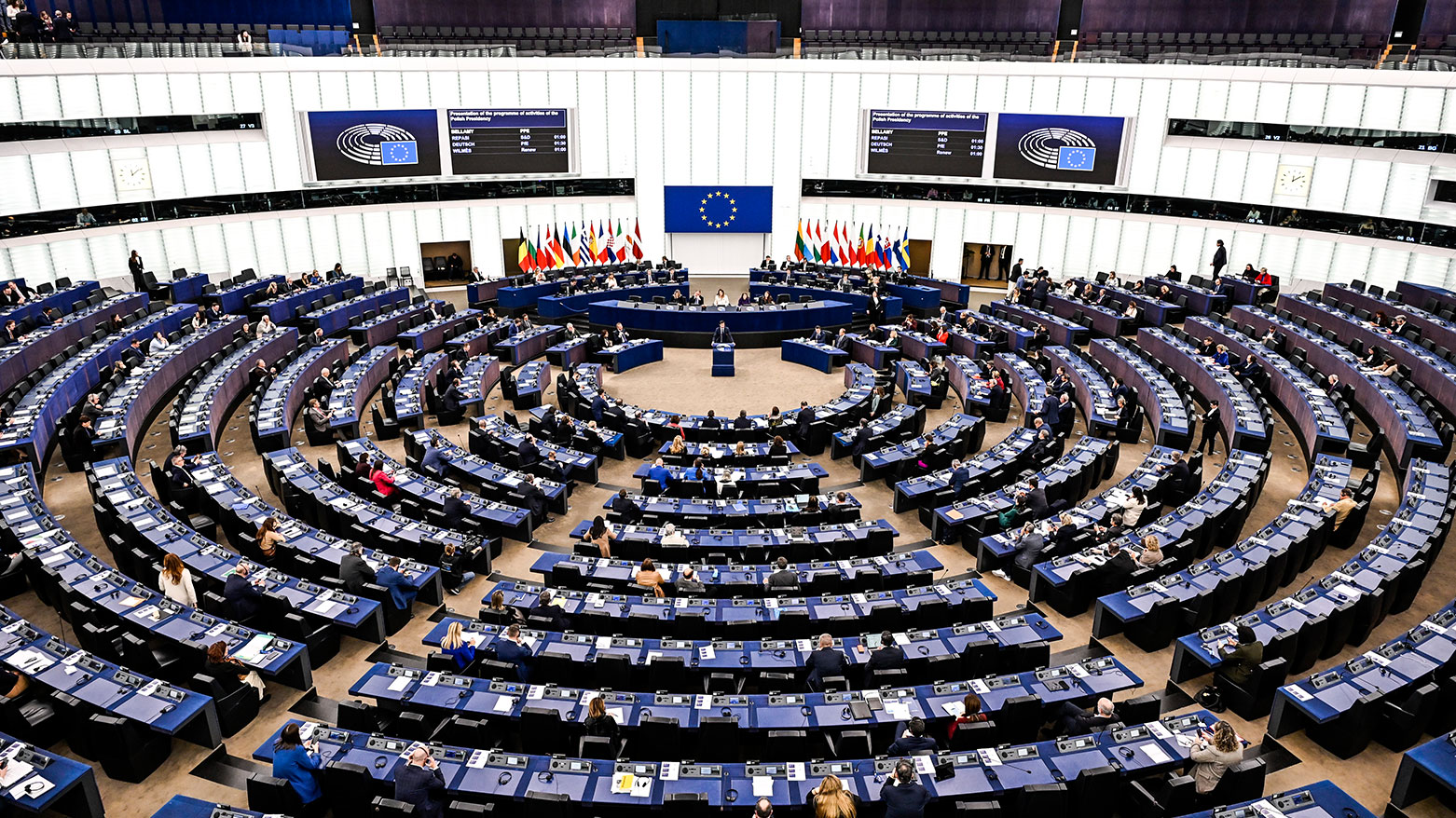EU Parliament Briefing: Temporary Suspension of Sanctions on Syria Under Consideration
EU’s conditional approach demands tangible progress on human rights, inclusivity, and the protection of religious and ethnic minorities.

ERBIL (Kurdistan24) – A February 2025 briefing by the European Parliament has outlined the EU’s initial steps toward a temporary suspension of sanctions on Syria, contingent upon concrete progress by the country’s new leadership.
The briefing describes the potential sanctions relief as Brussels' most significant policy shift since the fall of Bashar al-Assad’s regime in December 2024. It states that while the EU aims to support Syria’s transition, it will maintain strict oversight, with a "snapback" mechanism in place to immediately reinstate restrictions should Syria fail to uphold its commitments.
EU’s Conditions for Sanctions Relief
According to the briefing, the EU’s conditional approach demands tangible progress on human rights, inclusivity, and the protection of religious and ethnic minorities.
The new Syrian leadership, under Ahmad al-Sharaa, has pledged to draft a new constitution, disband all rebel forces, transition to a free-market economy, and terminate its long-standing military alliance with Russia.
Al-Sharaa has cautioned that finalizing the constitution could take up to three years, with elections possibly delayed by four years due to the lack of a national census.
"We want the constitution to last for the longest time possible," he said last month.
Remaining Restrictions and Security Concerns
While the EU briefing acknowledges progress in Syria’s political transition, it raises concerns that some commitments, particularly those by Hayat Tahrir al-Sham (HTS), may not fully materialize. The document underscores that despite the suspension of certain economic sanctions, arms, surveillance equipment, and chemical materials remain restricted due to security risks and fears of renewed sectarian violence.
Additionally, individuals and entities linked to the Assad regime will remain under EU sanctions, and the designation of HTS as a terrorist organization remains unchanged, as it stems from a United Nations decision that the EU has adopted.
Impact on Syria’s Economic Recovery
The briefing outlines that the first sanctions to be lifted would likely target the banking, energy, and transport sectors, which are deemed crucial for economic reconstruction. However, it emphasizes that the EU’s phased approach reflects a delicate balance between supporting Syria’s post-Assad recovery and ensuring long-term regional stability.
Ultimately, the future of EU sanctions will depend on Syria’s ability to uphold democratic and humanitarian commitments, with Brussels retaining the right to reimpose restrictions if progress stalls.